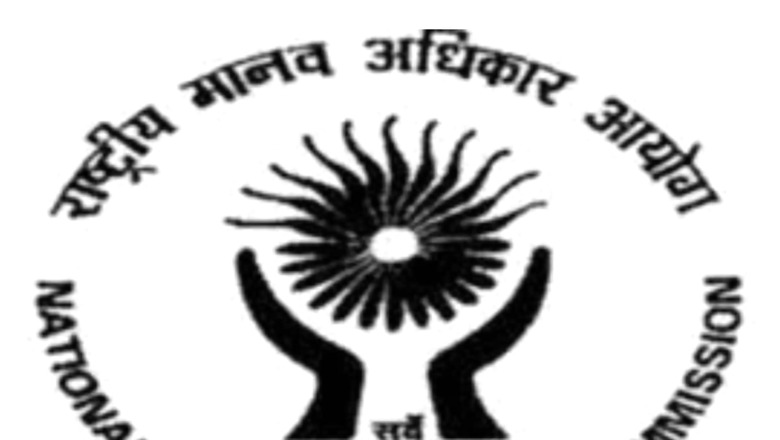
views
Recently, the United Nations-linked Global Alliance of National Human Rights Institutions (GANHRI) delayed the accreditation of the National Human Rights Commission-India (NHRC) for the second year in a row. The decision could now affect India’s ability to vote at the Human Rights Council and some UNGA bodies. This decision was taken during the meeting of the Sub Committee on Accreditation (SCA) on May 1, which included representatives from New Zealand, South Africa, Honduras, and Greece.
This is not the first time, as in 2017, GANHRI had granted ‘A’ status of accreditation to the NHRC after deferring it for a year. The main setback for India is that without the accreditation, NHRC will be unable to represent India at the UN Human Rights Council. While the committee’s latest report is still awaited, its previous report cited several reasons what they called the lack of transparency in appointing members to the NHRC, the appointment of police officers to oversee human rights investigations, and the lack of gender and minority representation on the member panel. The deferment raises important questions regarding the process of accreditation, the functioning of the NHRCs in general and specifically taking the case of India, and the possible way forward.
It needs to be understood that even though created at the state or country level, the NHRIs are defined as State organs with constitutional and/or legislative mandates to protect and promote human rights. Despite this, the UN has defined a normative framework for the National Human Rights Institutions (NHRIs) with an aim to enhance the effectiveness of the international system for the promotion and protection of human rights as mandated under the UN Charter.
In this context, the Sub Committee on Accreditation (SCA) of the Global Alliance for National Human Rights Institutions has been bestowed with the responsibility of reviewing and accrediting all NHRIs in compliance with Paris Principles every five years. In this sense, NHRIs are increasingly acquiring an autonomous status under UN human rights treaties which is the product of the cooperative relationship between UN human rights treaties and the ‘Paris Principles’, an autonomous legal order of, by, and for NHRIs, under the overarching values and principles of human rights protection, democracy, and subsidiarity.
The rationale is that the treaty bodies interact with the NHRIs for strategic reasons as they assist treaty bodies in exercising their functions in a more effective manner. NHRIs possess competence in various areas, including advising the government, parliament, and other competent bodies on human rights issues; promoting the effective implementation of human rights treaties; and contributing to the activities of international human rights bodies.
Coming back to India, the NHRC was created under the Protection of Human Rights Act, 1993, which also provides for the establishment of the State Human Rights Commission. Its functions are to protect and monitor human rights as well as investigate and recommend remedies for immediate wrongs and to strive for the development of a human rights culture. The NHRC of India is a well-recognised body and has accomplished many reviews and human rights movements in India.
Considering the delay in the accreditation of NHRC in India, the gaps existing in the accreditation process at the international level need to be addressed by answering the question related to whether treaty bodies recognise the autonomous status of NHRIs only based on strategic and/or sociological reasons, or are they also guided by certain normative demands in recognising such autonomous status? The normative basis of the autonomous status given to NHRIs in UN human rights treaties has not been fully explored. Specifically, the Paris Principles, which constitute the primary source of the legitimacy of the NHRIs, or the relationship between the Paris Principles and UN human rights treaties in a systematic manner.
Abhinav Mehrotra is Assistant Professor and Dr Biswanath Gupta is Associate Professor at OP Jindal Global University. Views expressed in the above piece are personal and solely those of the authors. They do not necessarily reflect News18’s views.
















Comments
0 comment